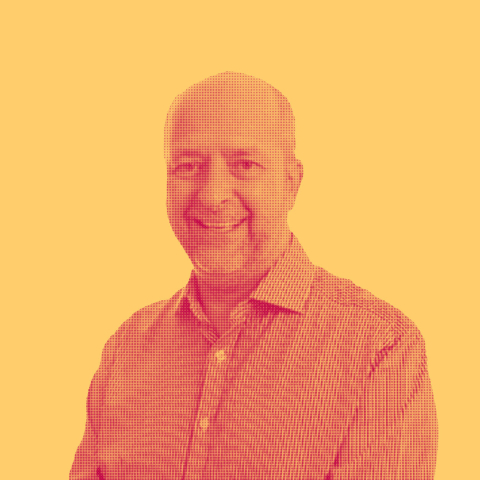Personal planning for the future

Mark Solomons - creator of triple ERA and GESS Judges Commendation Award-winning Welbee, an online evaluation and staff wellbeing improvement tool - author of ‘What Makes Teachers Unhappy and What Can You Do About It?’, acclaimed speaker and wellbeing expert with over 14 years experience developing leadership and culture in education – discusses techniques for planning future change.
Looking forward to 2024? What would you like to achieve? What changes would you like to make? Invest in some personal time for yourself, and focus on self-managed change – after all, the person most vested in a different future for you is likely to be you! If 2023 wasn’t the year you wanted it to be, what can you do differently to make this year better?
To create self-managed change, one approach is a technique called backward planning or future perspective. Some may be familiar with a similar model used in curriculum design – ‘Backwards by Design’, Wiggins and McTighe, where the assessment of learning goals and skills provides the basis for how the content is taught, rather than the more traditional content-based design. The model is considered more intentional. It's more akin to a tennis or other sports player visualizing the game they want to play and their technique, and then working with their coach on how to get there.
On a personal level, backward planning involves undertaking a short three-step exercise. It’s not always easy and for some, it will be uncomfortable - just give it a try.
Step 1
Imagine it's January 2025, you are one year on. Picture where you would like to be - the work and home life you want – jump straight there, don’t think about how you got there. Now look back over the past 12 months of 2024, and start to work through everything that made it successful.
Think of what you achieved along the way (remember we are a year ahead and looking back) that made it your best year yet – better still, make a list of them on a tablet, phone, or piece of paper. Ask yourself the following questions:
• How were you able to achieve each success and what challenges did you overcome to make it such a good year?
• How did you remain calm and what actions did you take to overcome stressful situations, for example in managing workload, behaviour, or other people?
• Which colleagues helped and supported you and how did you make a difference to them?
• Outside work, what friends were you able to connect with, and what events or trips did you go on?
• What were you able to do during the school week to maintain a healthy balance, and what activities did you enjoy undertaking?
Step 2
Once again, imagine it is January 2025, but this time you are not in the position you would like to be in, 2024 did not work out to be the year you wanted. Perhaps it just continued along - more of the same with no change or improvement.
Now ask questions about what stopped you succeeding, and list out actions and activities that hindered, rather than helped you. This might include workload (if so, be specific), a difficult colleague, change that you didn’t want to accept, or a lack of flexibility – write them all down.
Step 3
Now, use these two lists to plan for 2024. Against each of the items listed, think about what you will do to ensure all the actions, activities, and conversations you have on your first list happen. Then address the issues (work, people, behaviours) identified on your second list.
For example, if ‘having a better work-life balance’ was one of the areas identified, and you recognised you could improve the balance by reducing the time worked outside school by 5 hours each week, then the steps to achieving this could include:
• committing to stop work at 6 pm three nights a week, whatever the situation
• prioritising the most important tasks, having a clear method to do this, and completing any outstanding work on the following day.
Planning backward can be a powerful technique to help increase performance and mentally prepare for the future and the outcomes you want to achieve. To become effective, as with all things, backward planning takes practice – but why not give it a try - it may make a difference in 2024.
For further information, support, and advice about creating a culture with staff well-being at its center, please contact Welbee. international.
- Ends -
Stay up to date
Subscribe to the free GESS Education newsletter and stay updated with the latest insights, trends, and event news every week. Your email address will remain confidential


